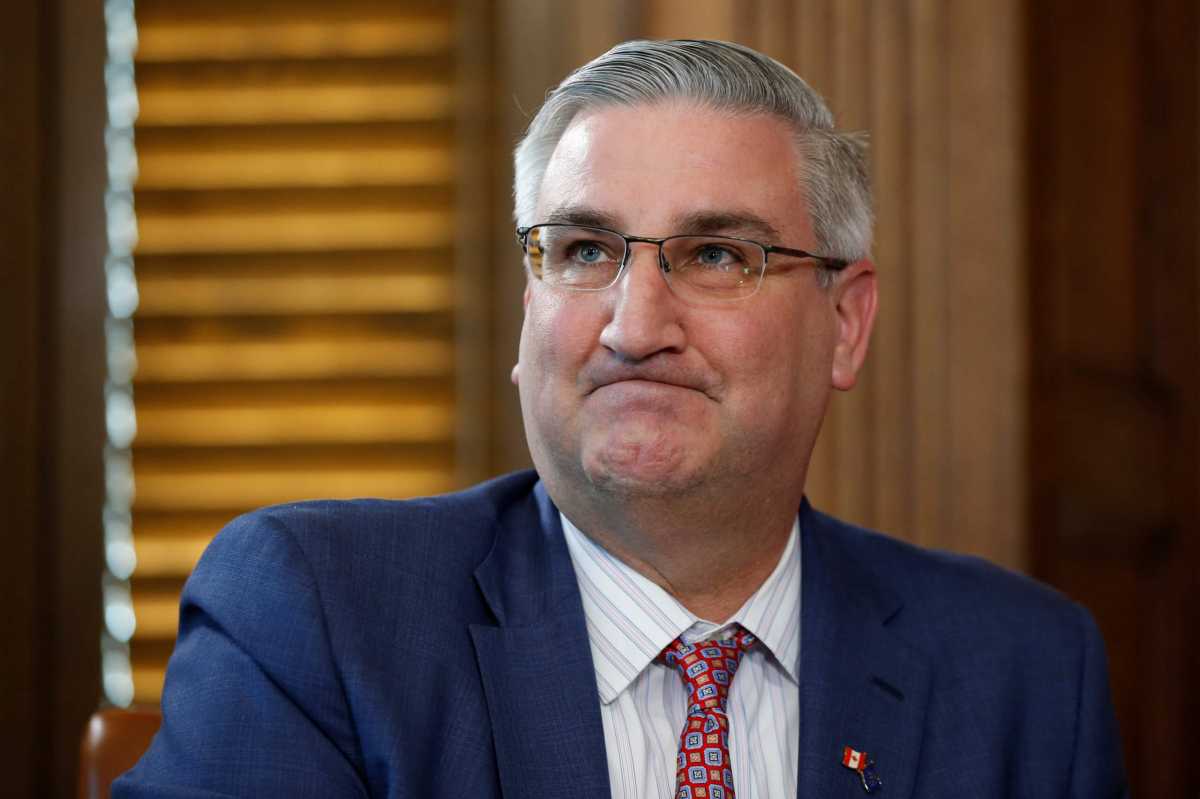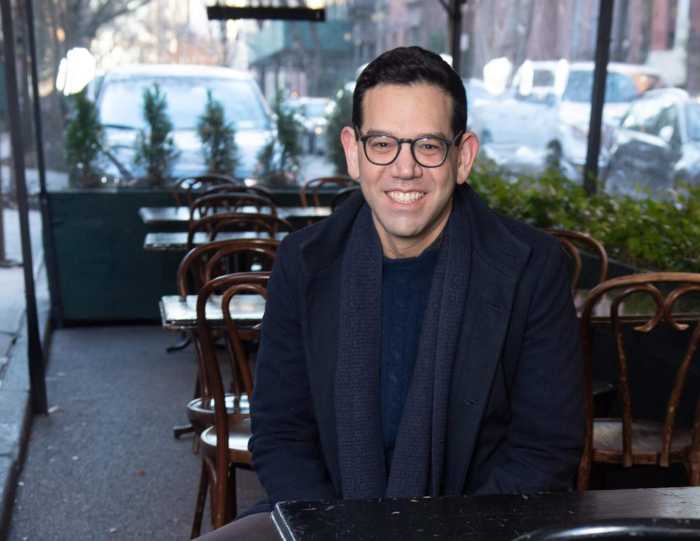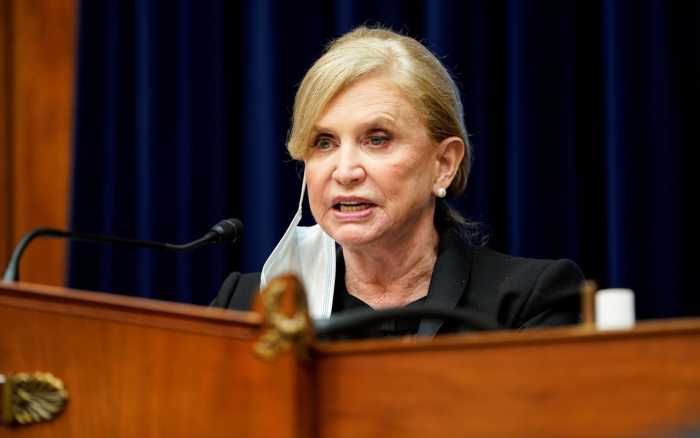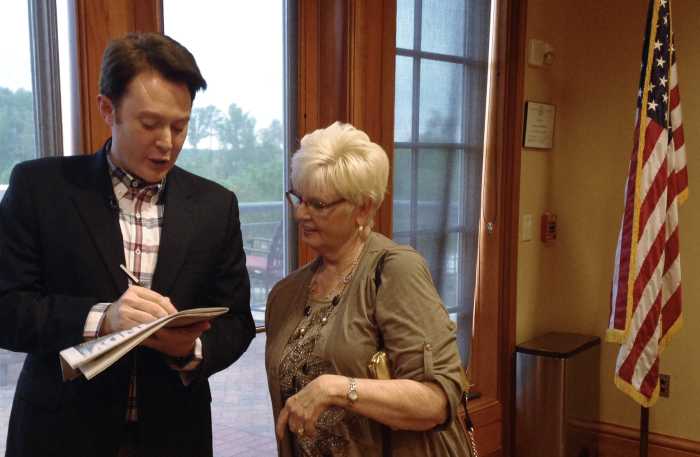Editor’s Note: This story, originally published on March 24, was updated on March 25 after Utah lawmakers overrode the governor’s veto of an anti-trans sports bill.
Multiple states are barreling forward with anti-trans bills — including Kentucky, Arizona, and Oklahoma — but the legislative campaign targeting trans student-athletes is also facing some resistance with a pair of vetoes by Republican Governors Eric Holcomb of Indiana and Spencer Cox of Utah. That, however, was short-lived, as Utah lawmakers overrode the veto on March 25.
Kentucky’s anti-trans sports bill, which bars trans individuals from participating in sports in accordance with their gender identity, was approved on March 24 and is now heading to the desk of Governor Andy Beshear, a Democrat. In Arizona, the Legislature approved an anti-trans sports measure and a ban on gender-affirming surgery for minors on the same day, but GOP Governor Doug Ducey of Arizona has yet to indicate whether he would veto the bills. Oklahoma also voted to ban trans athletes on March 24.
“Shame on the Kentucky General Assembly for prioritizing discrimination against some of our state’s most vulnerable youth,” said Chris Hartman who leads the Kentucky-based LGBTQ group known as the Fairness Campaign. “The Fairness Campaign now calls on Kentucky’s most pro-equality Governor, Andy Beshear, to protect the lives of transgender youth and let all Kentucky kids play by vetoing Senate Bill 83.”
Meanwhile, the veto in Indiana at least temporarily thwarted attempts to sideline trans athletes, but it remains unclear whether lawmakers will override Cox. Utah, like Utah, is dominated by Republican Legislatures.
Cox, who chastised lawmakers in Utah for issuing last-minute changes to the bill, explained his veto by saying such a law would “likely bankrupt the Utah High School Athletic Association and result in millions of dollars in legal fees for local school districts with no state protection.”
“It is important to note that a complete ban was never discussed, never contemplated, never debated, and never received any public input prior to the Legislature passing the bill on the 45th and final night of the session,” Cox said in a written statement explaining his veto. “For this reason, many legislators who might have otherwise supported the policy felt compelled to vote against it.”
Cox also emphasized that lawmakers have been aggressively pushing the ban at a time when there are just four out trans athletes among 75,000 high school students in the state.
“Rarely has so much fear and anger been directed at so few,” Cox added. “I don’t understand what they are going through or why they feel the way they do. But I want them to live. And all the research shows that even a little acceptance and connection can reduce suicidality significantly.”
Like Cox, Holcomb warned that the anti-trans sports law would trigger endless legal battles in his state. He further justified his veto by explaining that the bill lacked clarity and would likely lead to confusion when it comes time to enforce it.
He also appeared to question the purpose of the bill.
“The presumption of the policy laid out… is that there is an existing problem in K-12 sports in Indiana that requires further state government intervention,” he said. “It implies that the goals of consistency and fairness in competitive female sports are not currently being met. After thorough review, I find no evidence to support either claim even if I support the overall goal.”
The vetoes draw praise from some LGBTQ advocates, including Troy Williams, the executive director of Equality Utah. But Williams is also expecting lawmakers to overrule the veto in his state on March 24 in part because many Republicans are facing primary challengers from the right.
“You’re going to hear the rhetoric that they’re doing this because we believe in preserving women’s sports,” Williams said in a video posted on Facebook. “The truth is many of these Republican lawmakers have called me and they’re upset. They’re angry. They hate this bill, too. But many of them are going to flip.”
Among others, David Johns, the executive director of the National Black Justice Coalition, commended the two governors for pushing back against transphobia.
“I celebrate Governor Cox and Governor Holcomb for standing up against harmful legislation targeting children and truth,” Johns said in a written statement. “I encourage governors and lawmakers across the country to follow their lead in preventing these pernicious bills from becoming law, signaling to trans kids who live in their states that they are seen, heard, and worthy of the protection provided to non-trans children.”



































